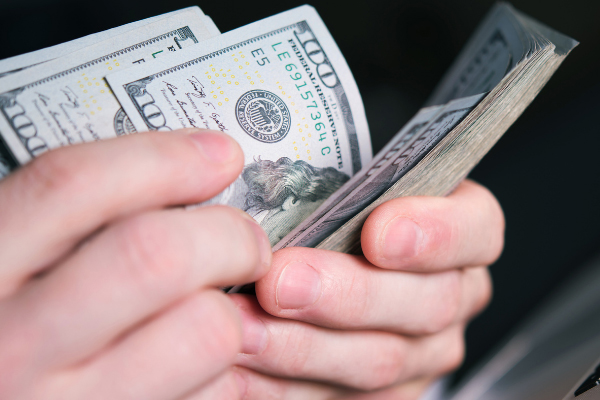A relapse trigger reminds a person that it is in the recovery of their past drug use and “triggers” the craving response. Some triggers are apparent when working through the recovery process, and some take a while for the person to discover. Triggers cannot be removed. They can be people, places, or things or physical, mental, emotional, social, or environmental. Money, the one thing that everyone needs to survive, is usually how an addict gets illicit drugs amid their addiction. An addict has some money, so they call their dealer and are waiting on a delivery. Their brain associates this money with the euphoria they are about to experience after they’ve used the drug.
Addicts Brains Are Rewired After Years of Drug Abuse
If an addict has had a drug problem for 20 years, let’s say, their brain has been rewired and now always associates money with purchasing drugs and the intense “pleasure” they will feel after getting their drug of choice using it. They feel the anticipation while waiting; sometimes, this anticipation produces more pleasure than the actual high once they have used it. The National Institute of Health frontiers in Behavioral Neuroscience “What Is the “Trigger” of Addiction?” states:
The current maladjustment between neurobiology and the subjective human condition can be observed in the concept of “trigger.” Understood as “a stimulus that elicits a reaction” (APA dictionary, 2019), the trigger is considered a key element in the craving response shown by addicts. This external stimulus would lead the individual to repeat drug use or relapse after a period of abstinence. Addiction models constructed upon this observation consider the trigger as a stimulus able to activate drug-related memories leading to rewarding anticipation and craving responses. As a consequence, derived therapeutic approaches suggest avoiding the trigger or provide the individuals with cognitive capabilities to control that emotional response provoked by the trigger. Such cognitive-behavioral therapies include operant conditioning, contingency management or coping skills training (Witkiewitz et al., 2019). (NIH)
Money Is A Relapse Trigger?
In early recovery, many addicts will be triggered and have intense cravings at the mere sight of cash or just knowing that they have money available in their bank account (for those with a bank account). Money equals drugs and drugs equal euphoria and pleasure. With all of the money apps available these days: Cash App, PayPal, Venmo, etc., it’s easier than ever for an addict to make a drug transaction if they have the money. Unfortunately, this makes it even more difficult to avoid relapse and manage money in early recovery.
Managing Money When It Is A Relapse Trigger
When money is a trigger in recovery, there are some things the individual should avoid:
- Keeping large amounts of money on you or in the bank. If you have a job, you may want to give your paycheck to someone you trust to hold onto at first.
- Don’t carry cash or keep cash on you at any time.
- Avoid ATMs and debit cards. This makes it too easy to access money.
- Do NOT take on the responsibility of paying the bills. This is a huge responsibility, and in early recovery, it’s too much for the person to handle.
Having family support is very important to someone that is newly sober. For some people, the whole process of working, getting a paycheck, and cashing the check can be a huge trigger. Having a loved one help you handle your checks on payday or having your check directly deposited and then transferring the money electronically to a family member to hold for you is the best idea.
Start Healing For Drug Addiction and Dependence at Evoke Wellness at Cohasset
Let your family members and support system know about your triggers so that they can help you through this. Also, start creating new positive associations with your money. Develop some realistic goals, save your money, and reach those goals. Pay for small purchases with cash so you can slowly rewire your brain to start viewing money differently. Evoke Wellness at Cohasset offers evidence-based treatment programs to cater to the individual needs of each patient. We offer a personalized treatment experience for each of our clients. Evoke Wellness at Cohasset provides comprehensive, integrated care for men, women, and families. Our solution-focused addiction treatment will lead you on the road to long-lasting recovery. At Evoke Wellness at Cohasset, our team of compassionate and understanding addiction specialists is available 24/7 to assist you with your treatment needs. Choose recovery over substance abuse.




